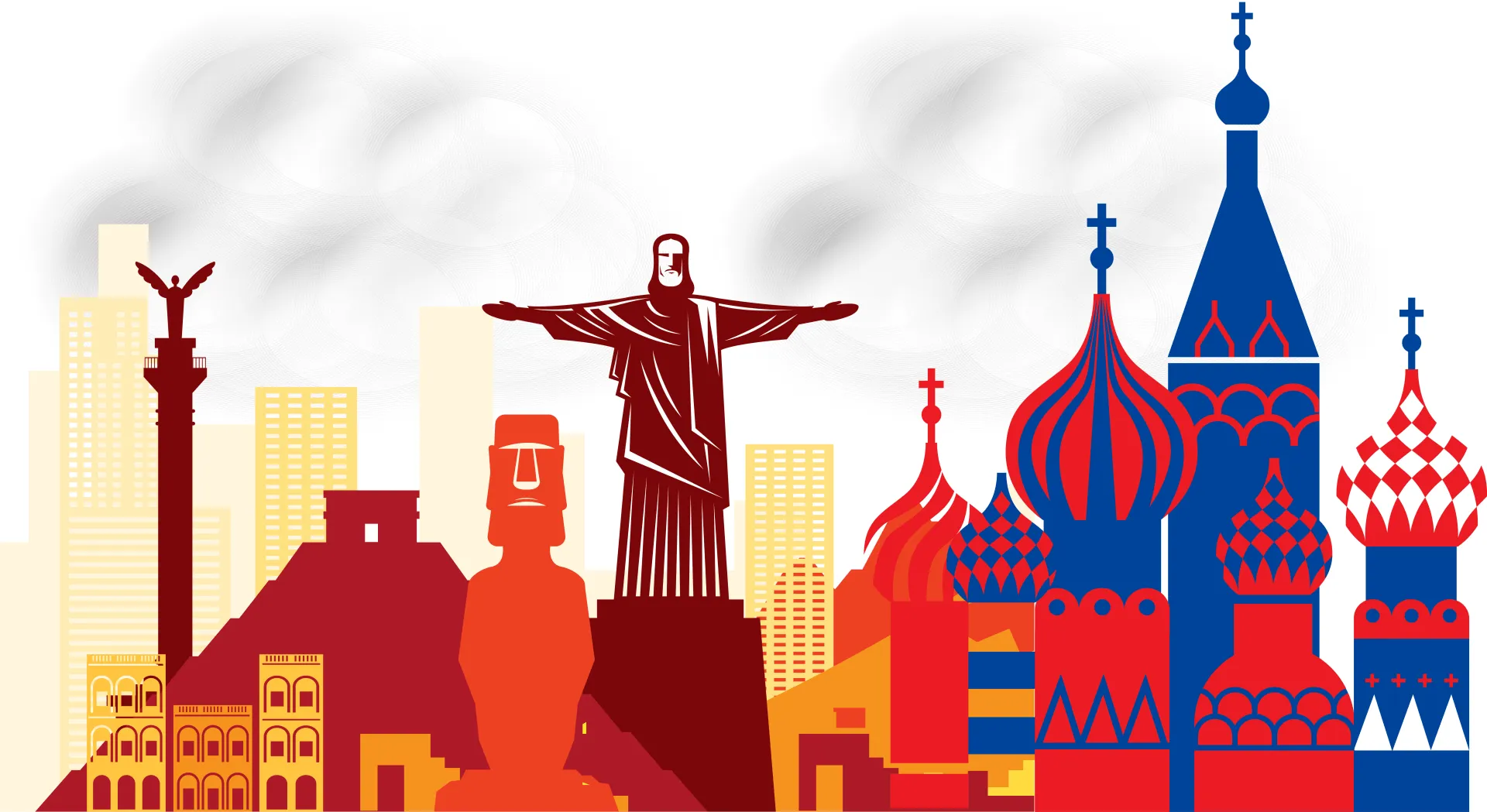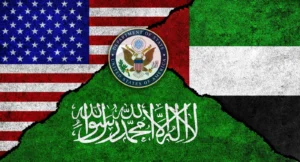Russia’s Economic Outreach in Latin America
Since around 2008, and specifically after the 2014 Ukrainian crisis, the expansion of its regional presence in Latin America has become one of Russia’s top foreign policy priorities. The country has pursued an increased presence in the region through diplomatic activities (including frequent visits to the region by high-level Russian political and military officials), arms sales, public and cultural diplomacy, and commercial activities.
However, Moscow’s renewed interest and re-engagement in the region has primarily resulted in the rise of Russia’s political, but not economic, influence in the region. So far, Latin America has not become Russia’s major trade partner. As of 2020, Latin America’s share in Russia’s trade turnover was a mere 2.1 percent, which is even less than Africa’s share of 2.5 percent. Even though Russia’s economic presence in Latin America has somewhat expanded compared to the 1990s and early 2000s, its current economic engagement with the continent is still limited in its overall volume and concentration on some countries and commodities.
In 2020, Russia’s trade with the region was only $11.9 billion, 64 times and 26 times less than the US and China’s trade with the region, respectively. As shown in Table 1, since the turn of the 21st century, trade turnover between Russia and Latin America has been subject to considerable fluctuations with many ups and downs. In 2020, the trade volume was below the level of 2008. In 2020, Russia accounted for a mere 0.64 percent of Latin America’s total trade, compared to 41 percent for the US, 16.9 percent for China, or 3 percent for Germany, 2.5 percent for Japan, and 2.4 percent for Canada, etc.
In 2020, Russia occupied 20th place as an extra-regional import partner (after the US, China, Germany, Japan, the Republic of Korea, Italy, Spain, India, and the Netherlands.). The country held 15th place as an extra-regional export market for Latin America and the Caribbean (after the US, China, Canada, Japan, Germany, the Republic of Korea, India, the Netherlands, Spain, and the United Kingdom).








